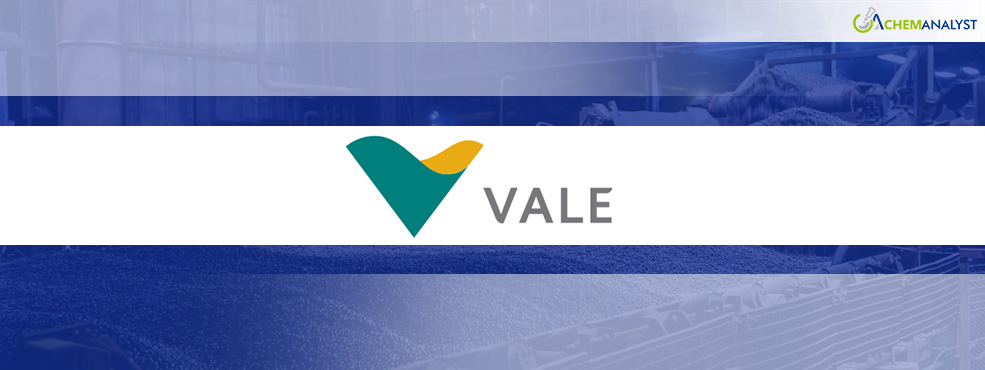Welcome To ChemAnalyst

Vale, a global mining company, has secured a significant boost in its efforts to reduce carbon emissions and advance sustainable steel production. The company has concluded negotiations with the U.S. Department of Energy (DOE) to develop an industrial-scale briquette plant in Louisiana. The project, funded by a $282.9 million Cooperative Agreement from the DOE’s Industrial Demonstration Program, is expected to revolutionize the iron and steel industry.
A Step Towards a Greener Future
Vale's innovative iron ore briquette technology offers a significant reduction in greenhouse gas emissions compared to traditional iron ore pellet production. The plant, with a planned capacity of 1.5 million tons per year, is strategically located along the Mississippi River in Louisiana, providing easy access to domestic and international markets.
"We believe this represents a critical path for the validation of our customer-centric, innovation-led strategy to scale transformative solutions," said Gustavo Pimenta, Vale's CEO. "This is especially true for the US market, already a leader in EAF steel production and where we see increased demand for low-emissions ore-based metallics."
The briquette technology offers several key benefits:
Reduced Carbon Emissions: A significant advantage of this technology is its ability to substantially reduce greenhouse gas emissions, including CO2, SOx, and NOx. 1 This reduction contributes to mitigating climate change and improving air quality.
Minimal Water Usage: The briquette production process is designed to minimize water consumption, making it an environmentally friendly solution. This is particularly important in regions with limited water resources.
Enhanced Efficiency: The briquettes are specifically tailored for direct reduced iron (DRI) production. This customization leads to improved efficiency in the steelmaking process, resulting in reduced energy consumption and lower operational costs.
A Collaborative Effort
The DOE's support for Vale's project underscores the growing importance of sustainable technologies in the energy and manufacturing sectors. The company plans to collaborate with industry partners and local communities to ensure the successful implementation of the project.
Vale's commitment to sustainability is evident in its ambitious targets. The company aims to reduce its scope 3 net emissions by 15% by 2035 and achieve net-zero emissions by 2050. The briquette plant is a significant step towards achieving these goals and contributing to a more sustainable future.
A Bright Future for the Steel Industry
Vale's investment in the Louisiana briquette plant signals a promising future for the steel industry. By embracing innovative technologies and sustainable practices, the company is poised to lead the way in decarbonization and drive the transition to a cleaner, greener economy.
We use cookies to deliver the best possible experience on our website. To learn more, visit our Privacy Policy. By continuing to use this site or by closing this box, you consent to our use of cookies. More info.
